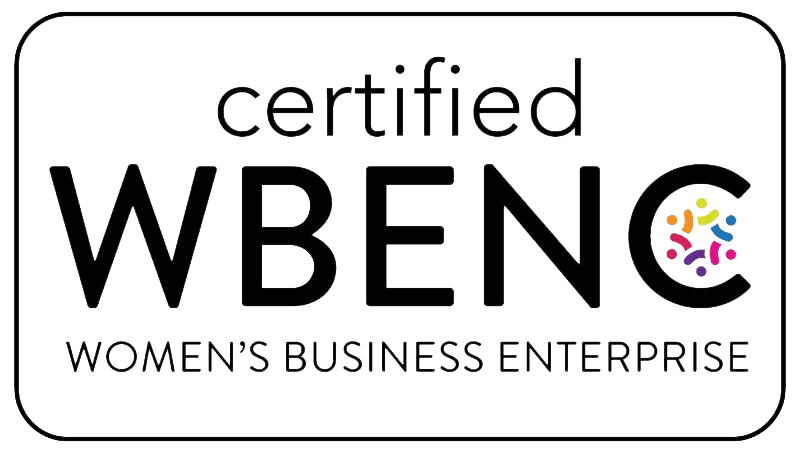How to Protect Culture, Data, and Integrity When Your Workforce Is Everywhere
While organizations are returning to the office, hybrid and remote work models still have staying power in certain departments and roles. One challenge that has risen to the forefront in this world of disparate working environments is maintaining compliance.
Organizations are no longer defined by walls, yet they remain bound by laws, regulations, ethical standards, and internal policies. Managing compliance in this new landscape calls for much more than policy documents. It requires culture, clarity, and consistency.
Developed through years of MYCA Learning helping workplaces adapt their training and compliance strategies to modern conditions, the following best practices will help ensure compliance remains strong, even when teams are physically apart.
1. Redefine and Recommunicate Compliance Expectations
In a physical office, expectations can be reinforced through daily interactions. Remotely, employees need clear guidance that reflects new realities.
- Update policies to address remote risks such as data privacy at home, use of personal devices, and appropriate online conduct.
- Reintroduce expectations using accessible formats such as digital guides and short training videos.
- Host virtual sessions or microlearning modules to reinforce expectations consistently.
What used to be understood through culture must now be communicated with clarity.
2. Strengthen Data Protection and Cybersecurity
Remote work introduces greater exposure to data risks. Protecting sensitive information is a core compliance responsibility.
- Require secure tools such as virtual private networks (VPNs) and multi-factor authentication.
- Establish standards for password strength and device security.
- Train employees to recognize phishing, social engineering, and unsafe file sharing practices using real remote scenarios.
Cybersecurity is not only a technology issue. It is a compliance priority that involves everyone.
3. Maintain Safe and Accessible Reporting Channels
Without daily office interaction, employees may hesitate to speak up. A strong compliance culture ensures that concerns can still be shared safely.
- Provide multiple reporting methods including anonymous options and confidential forms.
- Communicate regularly that reporting is encouraged and protected.
- Train leaders to identify potential red flags in virtual settings.
Reporting systems must feel trustworthy, even through a screen.
4. Use Technology to Support Accountability
Remote operations offer new tools to strengthen compliance tracking.
- Implement dashboards to monitor training completion and policy acknowledgments.
- Use platforms that offer reminders and refreshers to prevent knowledge gaps.
- Conduct periodic audits that focus on behaviors and trends, not just completed checklists.
Technology should support accountability in an ethical and transparent way.
5. Equip Leaders to Model Compliance Virtually
Leaders play a powerful role in sustaining compliance culture across distance.
- Train managers to discuss compliance topics during virtual meetings and one-on-one conversations.
- Encourage consistent check-ins about risks, processes, and ethical decision-making.
- Provide leaders with conversation guides and reference materials.
When leaders speak confidently about compliance, teams follow with confidence.
6. Build Culture, Not Just Policy
Compliance cannot succeed through policy alone. Employees need a sense of shared responsibility.
- Recognize actions that demonstrate ethical judgment and responsible choices.
- Share real examples of compliance in everyday work, such as secure communication or speaking up.
- Embed compliance values into onboarding, recognition systems, and performance reviews.
Culture makes compliance sustainable, even across distance.
Shaping the Future of Compliance in Modern Work
Compliance in remote environments is not just about preventing problems. It is about creating a workplace where integrity is practiced every day, from any location. With the right systems, technology, and culture, compliance becomes a core part of how teams work, not an occasional reminder.
Your employees may be distributed, but your standards do not have to be. Let’s explore modern training strategies together.


